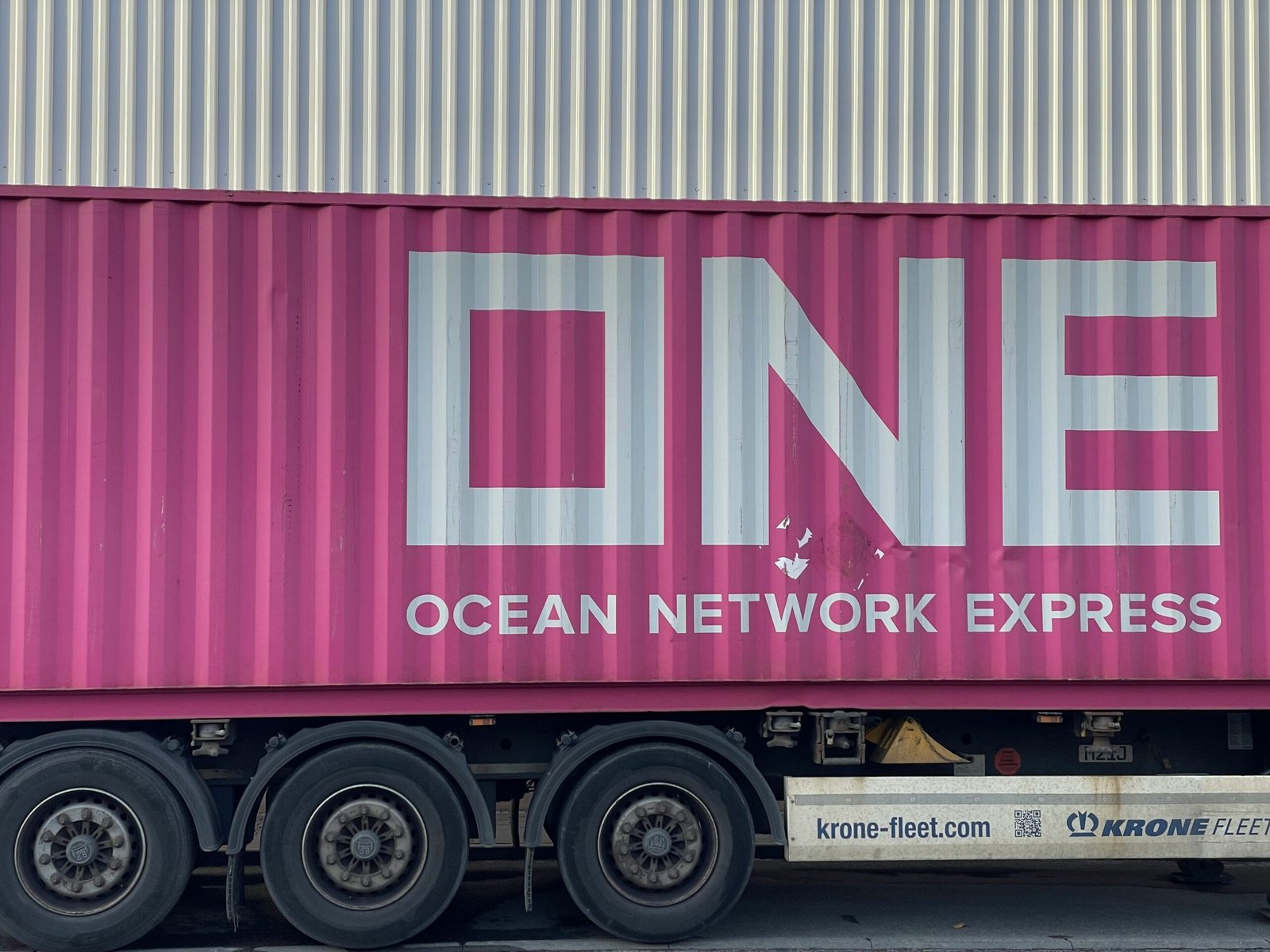

Understanding Custom Duties and Taxes Affecting Car and Bike Prices in Pakistan
One of the key factors that affect the prices of cars and bikes in Pakistan is the import duty. Import duty is a tax imposed on goods that are brought into the country from abroad. In the case of vehicles, the import duty can vary depending on factors such as the engine capacity, type of vehicle, and the country of origin. The government levies this duty to protect the local industry and encourage domestic production.
In addition to import duty, there are also other taxes and duties that are applicable to cars and bikes in Pakistan. One such tax is the sales tax, which is levied on the sale of goods and services. The sales tax rate for vehicles in Pakistan is currently 17%. This tax is imposed at the time of purchase and is included in the overall price of the vehicle.
Another important tax to consider is the federal excise duty. This duty is imposed on the manufacturing or production of certain goods, including vehicles. The rate of federal excise duty for cars and bikes in Pakistan varies depending on the engine capacity and type of vehicle. For example, the duty on cars with an engine capacity of up to 1000cc is 5%, while for cars with an engine capacity of more than 1000cc, the duty is 10%.
Customs duty is another tax that affects the prices of cars and bikes in Pakistan. This duty is applicable on the import of goods and is imposed by the customs department. The customs duty rate for vehicles can vary depending on factors such as the engine capacity, type of vehicle, and the country of origin. It is important to note that customs duty is in addition to the import duty mentioned earlier.
Additionally, there are also other taxes and charges that can impact the overall price of cars and bikes in Pakistan. These include registration fees, annual token tax, and withholding tax. Registration fees are paid at the time of registering the vehicle with the relevant authorities. The annual token tax is a recurring tax that is paid every year for the renewal of the vehicle’s registration. Withholding tax is a tax deducted by the seller at the time of sale and is applicable on the sale of vehicles above a certain threshold.
All these custom duties and taxes can significantly increase the overall price of cars and bikes in Pakistan. It is important for buyers to be aware of these additional costs and factor them into their budget when purchasing a vehicle. By understanding the custom duties and taxes affecting car and bike prices in Pakistan, buyers can make informed decisions and avoid any surprises when it comes to the final price.
Import Duty
Import duty is a tax imposed on imported goods, including cars and bikes, when they enter the country. The rate of import duty varies depending on the type and value of the vehicle. The government uses import duty as a means to protect the local industry by making imported vehicles more expensive compared to locally manufactured ones.
It’s important to note that the import duty is calculated based on the vehicle’s assessed value, which includes the cost of the vehicle, insurance, and freight charges. The assessed value is determined by the customs authorities and is subject to their evaluation.
When calculating the import duty, customs authorities take into account various factors such as the country of origin, the type of vehicle, and any applicable trade agreements or preferential tariffs. They also consider the current market value of similar vehicles and any additional taxes or fees that may be applicable.
Import duty rates can vary significantly from country to country and can change over time due to economic factors and government policies. It is important for importers to stay updated on the latest import duty rates and regulations to avoid any surprises or unexpected costs.
In some cases, import duty may be waived or reduced for certain vehicles, such as those used for humanitarian purposes or for government agencies. However, specific conditions and documentation may be required to qualify for such exemptions or reductions.
Importers are typically responsible for paying the import duty, which is usually collected by customs authorities at the point of entry. Failure to pay the import duty can result in penalties, including fines or seizure of the goods.
It is worth noting that import duty is just one component of the overall cost of importing a vehicle. Other costs to consider include transportation fees, customs clearance charges, and any applicable taxes or fees imposed by the destination country.
Overall, import duty plays a crucial role in regulating international trade and protecting domestic industries. By imposing taxes on imported vehicles, governments aim to promote local manufacturing and ensure a level playing field for domestic producers.
Customs Tariff
The customs tariff is a schedule of rates that determines the amount of duty payable on different goods, including cars and bikes. In Pakistan, the customs tariff is based on the Harmonized System (HS) code, which is an internationally recognized system for classifying goods.
The customs tariff for cars and bikes in Pakistan can vary depending on factors such as engine capacity, type of vehicle, and manufacturing country. It’s important to consult the customs tariff schedule or seek professional advice to determine the applicable duty rate for a specific vehicle.
The customs tariff schedule is regularly updated to reflect changes in trade policies and international agreements. It is designed to protect domestic industries, promote fair competition, and generate revenue for the government. The rates specified in the tariff schedule are usually based on a percentage of the value of the imported goods, known as ad valorem duties. In addition to ad valorem duties, specific duties may also apply, which are fixed amounts per unit of measurement, such as weight or volume.
For cars and bikes, the customs tariff may include additional taxes and surcharges, such as sales tax, excise duty, and regulatory duty. These additional charges can significantly impact the overall cost of importing a vehicle. The customs authorities may require importers to provide supporting documents, such as invoices, bills of lading, and certificates of origin, to determine the correct tariff classification and assess the applicable duty rate.
It’s important for importers to be aware of the customs tariff provisions and comply with the applicable regulations to avoid delays, penalties, and other legal consequences. Importers can seek assistance from customs brokers or trade consultants who specialize in customs procedures and tariff classification. These professionals can help navigate the complexities of the customs tariff system and ensure compliance with the relevant laws and regulations.
In conclusion, the customs tariff plays a crucial role in regulating international trade and collecting revenue for the government. Understanding the customs tariff provisions is essential for importers and exporters to accurately calculate the duty payable on goods, including cars and bikes, and comply with the applicable regulations. By staying informed and seeking professional advice, businesses can effectively manage their import and export operations and avoid potential pitfalls in the customs clearance process.
The additional sales tax is an important factor to consider when purchasing an imported car or bike. While the import duty is already a significant expense, the sales tax adds another layer of cost to the overall price of the vehicle. The rate of the sales tax varies depending on the type and value of the vehicle, which means that buyers need to be aware of the specific tax rate that applies to their desired vehicle.
One of the primary reasons for imposing this additional sales tax is to generate revenue for the government. By taxing imported vehicles, the government is able to collect funds that can be used for various purposes, such as infrastructure development, public services, and welfare programs. This revenue generation is crucial for the functioning of the government and ensuring the well-being of its citizens.
Furthermore, the additional sales tax on imported vehicles also serves to promote the purchase of locally manufactured vehicles. By imposing a higher tax on imported cars and bikes, the government aims to incentivize consumers to choose vehicles that are produced within the country. This not only supports the domestic automotive industry but also helps create job opportunities and boost the overall economy.
When calculating the sales tax, it is important to note that it is based on the assessed value of the vehicle. This value includes not only the cost of the vehicle itself but also factors in insurance and freight charges. Therefore, buyers must take into account these additional expenses when budgeting for the purchase of an imported vehicle.
Overall, the additional sales tax on imported cars and bikes plays a significant role in the overall cost of these vehicles. It serves as a revenue generator for the government and encourages the purchase of locally manufactured vehicles. Buyers should carefully consider the tax rate and assessed value when making their purchasing decisions, ensuring that they are fully aware of the financial implications of importing a vehicle.
Withholding Tax
Withholding tax is another component that affects the price of cars and bikes in Pakistan. This tax is deducted at the time of purchase by the seller and is collected on behalf of the government. The withholding tax rate varies depending on the type and value of the vehicle.
It’s important to note that the withholding tax is calculated based on the FBR (Federal Board of Revenue) valuation of the vehicle, which is often higher than the actual market value. This means that buyers may end up paying a higher tax amount compared to the actual price of the vehicle.
The FBR valuation of vehicles has been a subject of debate and criticism among buyers and industry experts. Many argue that the FBR valuation does not accurately reflect the true market value of vehicles, leading to an unfair tax burden on buyers. This discrepancy often results in buyers feeling that they are being overcharged for their vehicles.
In recent years, there have been calls for the government to revise the FBR valuation system and make it more aligned with the actual market value of vehicles. Advocates argue that this would not only reduce the tax burden on buyers but also promote transparency and fairness in the automotive industry.
Furthermore, the withholding tax rate itself has also been a point of contention. Critics argue that the current rates are too high and discourage potential buyers from purchasing vehicles. They believe that reducing the withholding tax rate would stimulate the automotive market and encourage more people to invest in cars and bikes.
On the other hand, proponents of the withholding tax defend its existence, stating that it is an essential source of revenue for the government. They argue that reducing or eliminating the tax would result in a loss of revenue, which would need to be compensated through other means such as increasing taxes in other sectors.
Overall, the withholding tax is a significant factor that influences the price of cars and bikes in Pakistan. Its calculation based on the FBR valuation and the varying tax rates have both positive and negative implications for buyers. The ongoing debate surrounding the FBR valuation system and the withholding tax rates highlights the need for a comprehensive review of the tax structure to ensure fairness and promote a thriving automotive industry.
When it comes to registering a vehicle in Pakistan, the registration fee is just one aspect of the process. There are several other requirements and fees that need to be fulfilled in order to complete the registration successfully.
Aside from the registration fee, you will also need to pay the motor vehicle tax, which is calculated based on the engine capacity of the vehicle. This tax is payable annually and is a significant part of the overall registration process.
In addition to the registration fee and the motor vehicle tax, there are also other fees that need to be paid. These include the number plate fee, which covers the cost of manufacturing and issuing the vehicle’s number plate, and the transfer fee, which is applicable if you are transferring the ownership of the vehicle to someone else.
It’s important to note that the registration fee and other associated fees can vary depending on the region in which you are registering the vehicle. Different provinces and cities may have different fee structures and requirements, so it’s essential to check with the relevant authorities in your area to ensure that you have all the necessary information.
Once you have paid the registration fee and fulfilled all the other requirements, you will be issued a registration certificate for your vehicle. This certificate serves as proof that your vehicle has been registered and is legally allowed to be driven on the roads of Pakistan.
It’s crucial to complete the registration process in a timely manner to avoid any penalties or legal consequences. Failure to register your vehicle can result in fines, confiscation of the vehicle, or even legal action.
In conclusion, the registration fee is just one part of the overall vehicle registration process in Pakistan. It’s important to be aware of all the associated fees and requirements to ensure a smooth and hassle-free registration experience.
Add a comment Cancel reply
Categories
- automobile (1)
- Automotive (31)
- Automotive Industry (2)
- Automotive Safety (1)
- Car Brands (1)
- Car Buying (1)
- Car Reviews (1)
- Clean Energy (1)
- Marketing (1)
- Motorcycles (1)
- Trade Agreements (1)
- Transportation (2)
- Travel (2)
Recent Posts
About us










